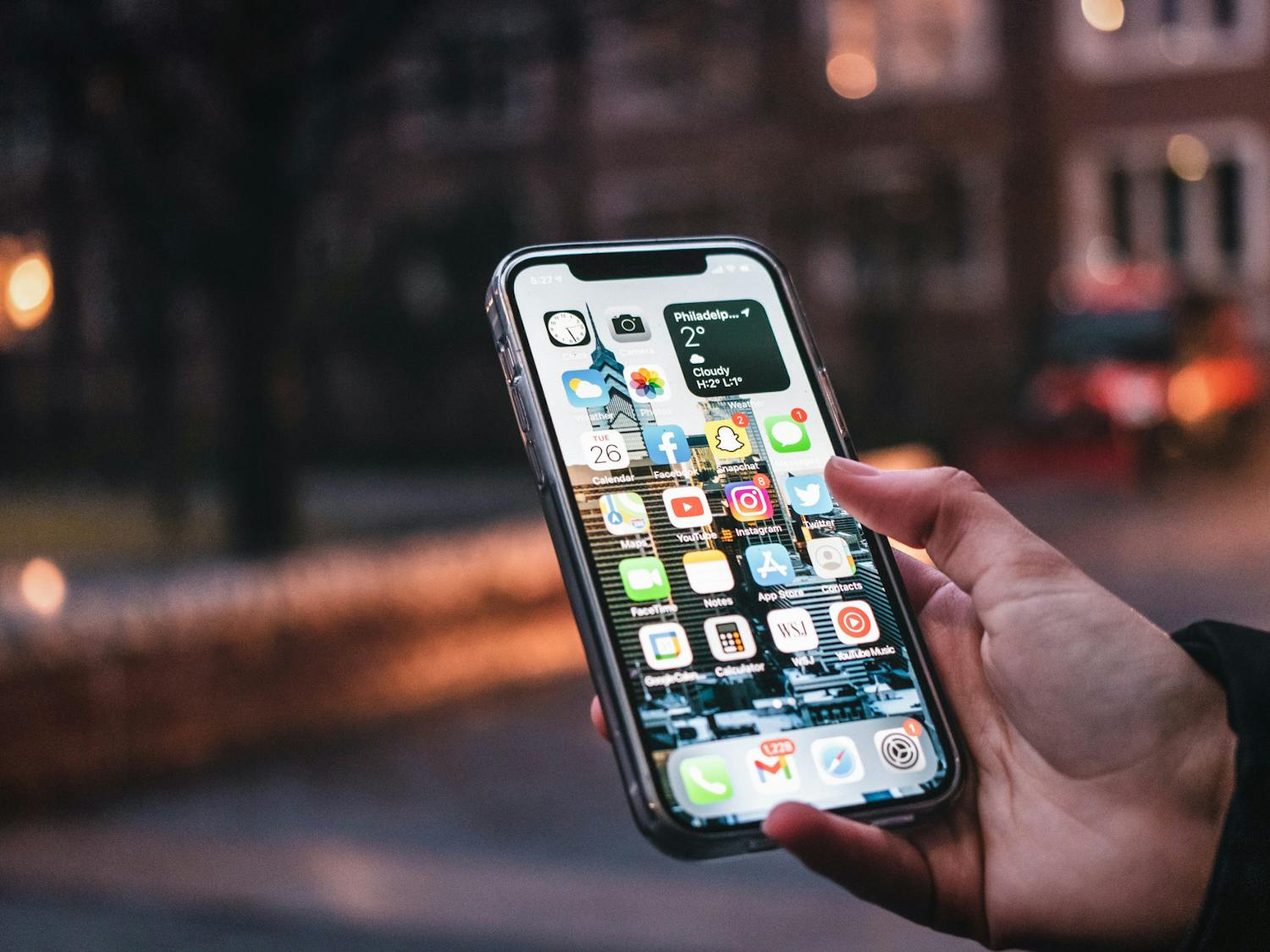A couple weeks ago, I bumped into two friends and we began discussing our weekends. Before I could complete my story, though, one friend interrupted, “Oh, I’ve already seen the pictures on Facebook.” Taken aback, I returned, “Well, I don’t even need to ask about your day because I just read your Twitter update.” The conversation left me feeling uneasy — and worse, I found myself wondering whether it had been necessary in the first place.
It makes sense then, that some critics attribute the recent increase in social isolation in America to new technologies — cell phones, instant messaging and message boards. In fact, a 2004 study by researchers at Duke and the University of Arizona claims that new technologies may be encouraging widespread “weak ties” rather than localized “strong ties,” and, more generally, that Internet and mobile-phone use may be associated with social isolation.
Take TV, for example. Thanks to the likes of Hulu, we can watch episodes on a computer screen alone in our rooms, rather than on a television screen with friends in the living room. It’s convenient, and we can, so why not? Coming from a home where it isn’t unusual for all of us to be in the same room but on personal laptops, I can’t say I completely disagree with the critics. It is a little absurd to IM your brother to ask him to turn the music volume down (but I do it anyway).
As a Silicon Valley native, I can’t say I completely agree with the critics either. Technology was never intended to be about sitting alone in a dark basement playing computer games all night. It’s time we acknowledge these technologies as a legitimate way of socializing.
Last week, findings from a study on technology and social isolation at Penn’s own Annenberg School for Communication reported that Americans are not more socially isolated than they were in the 80s and that we might even have technology to thank for that.
“It’s a historical trend, whenever there is a significant change in society, to look to things that are new. The rise of the automobile, suburbanization, the telephone, the telegraph, the bicycle; all were new technologies thought to have brought upon the decline of community and the decline of society,” explained the study’s lead author professor Keith Hampton.
But if you ask him, we have to give technology more credit — it’s not just not a bad thing, but a good thing. “When it came to discussion networks, mobile phone and Internet users were better off,” Hampton said. Though we may discount technology-facilitated relationships, those who use sites like Facebook have networks that are more diverse. And these digitally connected users aren’t stereotypical tech geeks. The study reports that people who are more involved with digital technologies are more likely to volunteer in local organizations and frequent locations such as cafes, parks and restaurants — locations that are swarming with people of different beliefs and backgrounds.
Engineering senior Alexander Wong is torn between the pro- and anti-technology arguments. “On one hand, technology allows me to connect with other people I do not see on campus often. However, [I also use] technology to study in my room and connect with friends I already know, so I will not have a chance to meet new people at, let’s say, the library,” he said. He’s not about to restrict himself to G-chat, though. He admitted, “I’d feel like a freaking robot if I talked to everyone but saw no one!”
In my mind, when it comes to social isolation, there’s a fine line between whether or not to blame technology. I might sit alone while instant messaging my high-school friends, but I try to catch The Office with friends every Thursday. When it comes to technology, now is the time to set the norm. It’s up to us — the iGeneration — to use technology for improving, not substituting, social activity and interaction.
Rohini Venkatraman is a College senior from San Jose, Calif. Her e-mail address is venkatraman@dailypennsylvanian.com.








